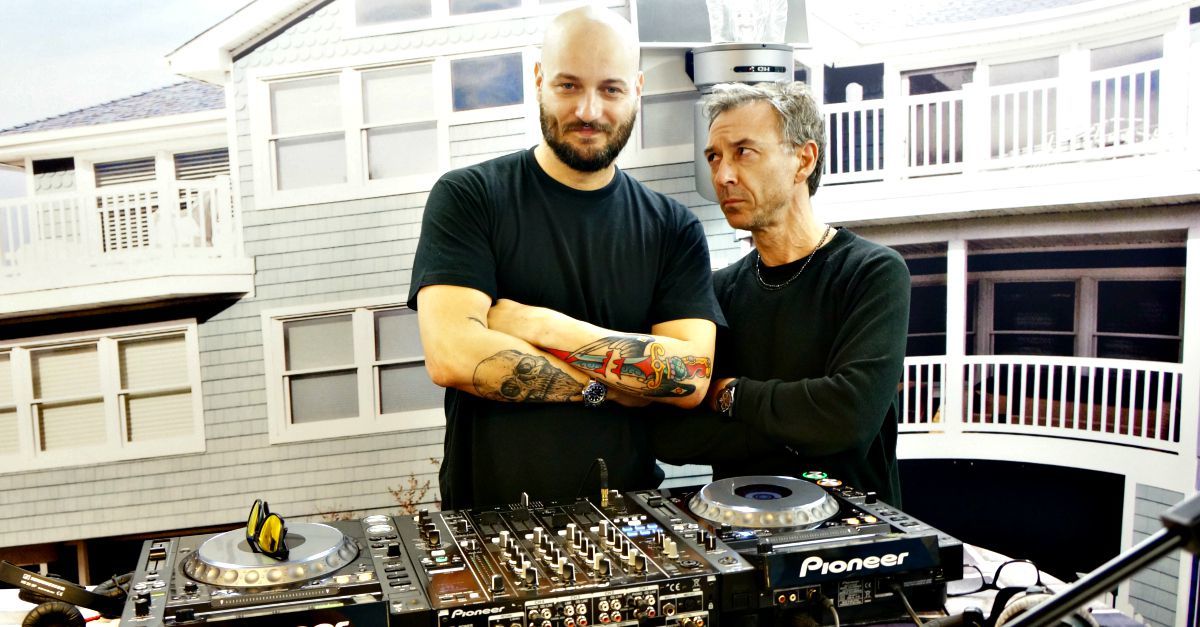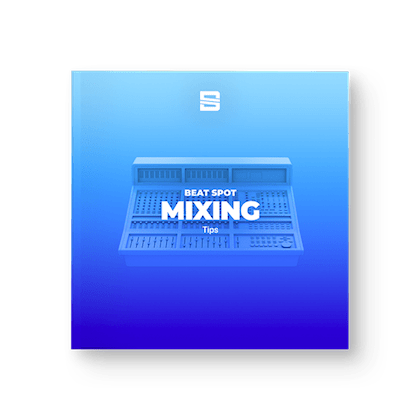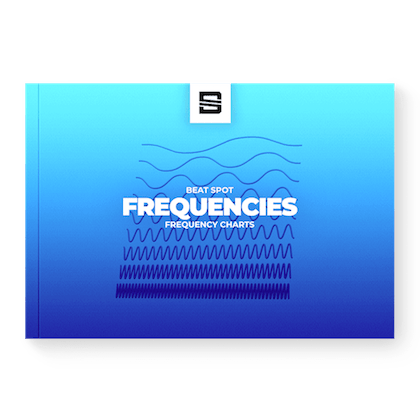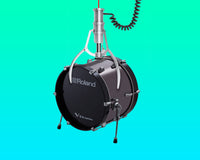Rejection has a significant impact on our careers. Those rejections, if you don't have enough confidence, can make you stop with music. Usually, we're very proud of our music, so getting rejected is like a stab at our hearts. I received loads of rejection throughout my career, and now, looking back at them, I smile because they've helped me a ton as an artist.
A backstory
Here's a funny little story about a rejection I received from a very famous Italian producer. You may know him for his hit "Kid Cudi - Day' n Nite (Crookers Remix). That's right.

It was Crookers.
Long story short, I got in contact with him through a peer. It was back in 2015, and the first single of his album has been out for a few weeks, so I decided to make a bootleg remix since I got direct contact with him.
Back in the day in the electronic scene, Bass House was a thing. So I redid the track with that vibe - nothing special at all, just a copy-paste of the same patterns that were a thing at the time. I finished the remix and sent it over.
The response shocked me. I don't have that mail anymore; however, it was something along the lines: "I feel disgusted by this remix. It's like fast food tracks. It doesn't add any originality." I felt like shit. I started to feel angry about this person, and I began to lose respect for him. Now, I understood that it was a gift. Because in the end, it changed my perspective on making meaningful music and brought something fresh to the table.
This was a perfect example of Negative feedback. Here are some other examples of rejection in music:
-Label rejection
-Negative review
-Being rejected for lives
Label Rejection
Whether if it's a big label or a small independent label, hearing (if you're lucky) a "Thanks, but we're not interested" can be though. Before letting you down, you should sympathize with the A&R who listened to your music. Why? Because A&Rs have to listen to dozens of songs every day. Maybe that person was having a terrible day. Or he skipped the submission. There are countless factors which can influence your outcome to a label pitch, but let's consider just the three main scenarios:
1 - The Music
Of course, it's the most critical factor. If you do a great pitch, you get to meet the right people, but you have unfinished, raw material, it's not going to work. Labels nowadays (even the more independent ones) expect you to show them finished tracks. Not 30s demos. Not unfinished material. So before rushing to send the last tune you made 30 minutes ago, take some days to listen back and see if there's something you should change.
Also, don't change your music for a specific label. Change label instead.
2 - The Pitch
Another cause of rejection can lie in the pitch. Spamming your tunes in the Instagram DMs won't get you far, plus it makes you appear very unprofessional. If you use DMs, use it for getting the email address. Give yourself the time to write a mail with a coherent structure. Not too short, not too long. Include streamable files, and don't ever send a file with WeTransfer since they expire. If you are a friend and live in the same place as the A&R, try to schedule a listening session because linking in person is always better than remote pitching.
3 - The Target
The third scenario is your targeted label doesn't match your music. Do more research and find another one with the same artistic attitude as your vision. Also, be sure that they don't have someone like you in their roaster.

Negative Reviews
First off, if your music gets reviewed, you should see the glass half full. It's not that easy unless you run a PR campaign to get articles and reviews. Read other articles that the reviewer wrote before questioning your music. The reviewer might have been assigned to you even if he doesn't quite fit your genre. This is especially valid for tiny magazines.
However, each publicity is good publicity. You can surely do to write without anger and politely to the reviewer to get more detailed feedback.
Getting rejected for lives
During the time of writing, we are still in the middle of the pandemic, so at the moment, it is tough to make live music. However, getting rejected for live or DJ sets is frustrating for two main reasons:
1 - making music is an incredible experience but playing it in front of people is incredibly rewarding.
2- live music is still one of the pillars of income for musicians.
Chances are, if you're getting pushed back by promoters or venues that you don't have enough "following" around you (and so you should propose yourself for free lives). The best tip we can give you is to focus on the music-making and then invite your music rather than the opposite. Don't get frustrated just because you see locals that are playing more than you. You're only investing your time differently, and hopefully, you'll see more results in the long run.
Take the positive side.
Feedback is like a light enhancing the right road where to focus. Use the feedback as a to-do list to your development and rejection as a fuel for yourself.
Beat Spot Workflow
If you’ve found these tips helpful, then you’ll appreciate all the knowledge we’ve packed into Workflow, a bundle comprising a plethora of resources to become a more efficient producer!









